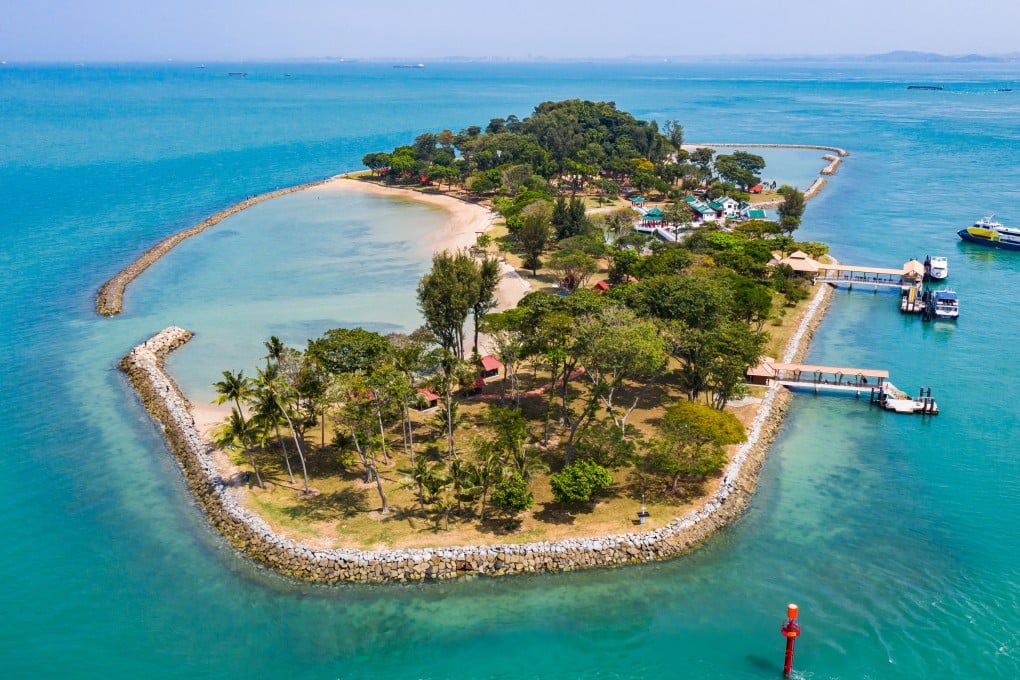Destinations known | Singapore’s Tortoise Island becomes fully sustainable using solar power, showing it’s no slowcoach – now others need to catch up
- Singapore’s Kusu (Tortoise) Island is now completely self-reliant in using solar power to produce its water and electricity, according to a report
- It joins an all-too-small list of fully sustainable islands given the imperatives of climate breakdown and the costs of transporting water and diesel offshore

In the race for full sustainability, Singapore’s Tortoise Island has beaten many a hare.
“Kusu Island, home to the popular Da Bo Gong Temple and three Malay keramat [shrines], is now completely self-reliant in using solar power to produce its own water and electricity, setting a precedent for other southern islands like Pulau Hantu,” reports The Straits Times.
The newspaper’s reporter was taken on a recce this month and discovered that, “The island’s solar photovoltaic and desalination systems became operational in the fourth quarter of 2022, in time for the island’s annual pilgrimage season, and could even support the surge in demand when a record 22,523 visitors went there in October 2023.
“As backup, batteries housed in two 40-foot containers can store enough power to last two days in the event that the solar panels cannot produce electricity because of issues such as cloud cover or rain.”

Kusu (meaning “tortoise”) Island is “steeped in local myth and folklore”, says Visit Singapore.
